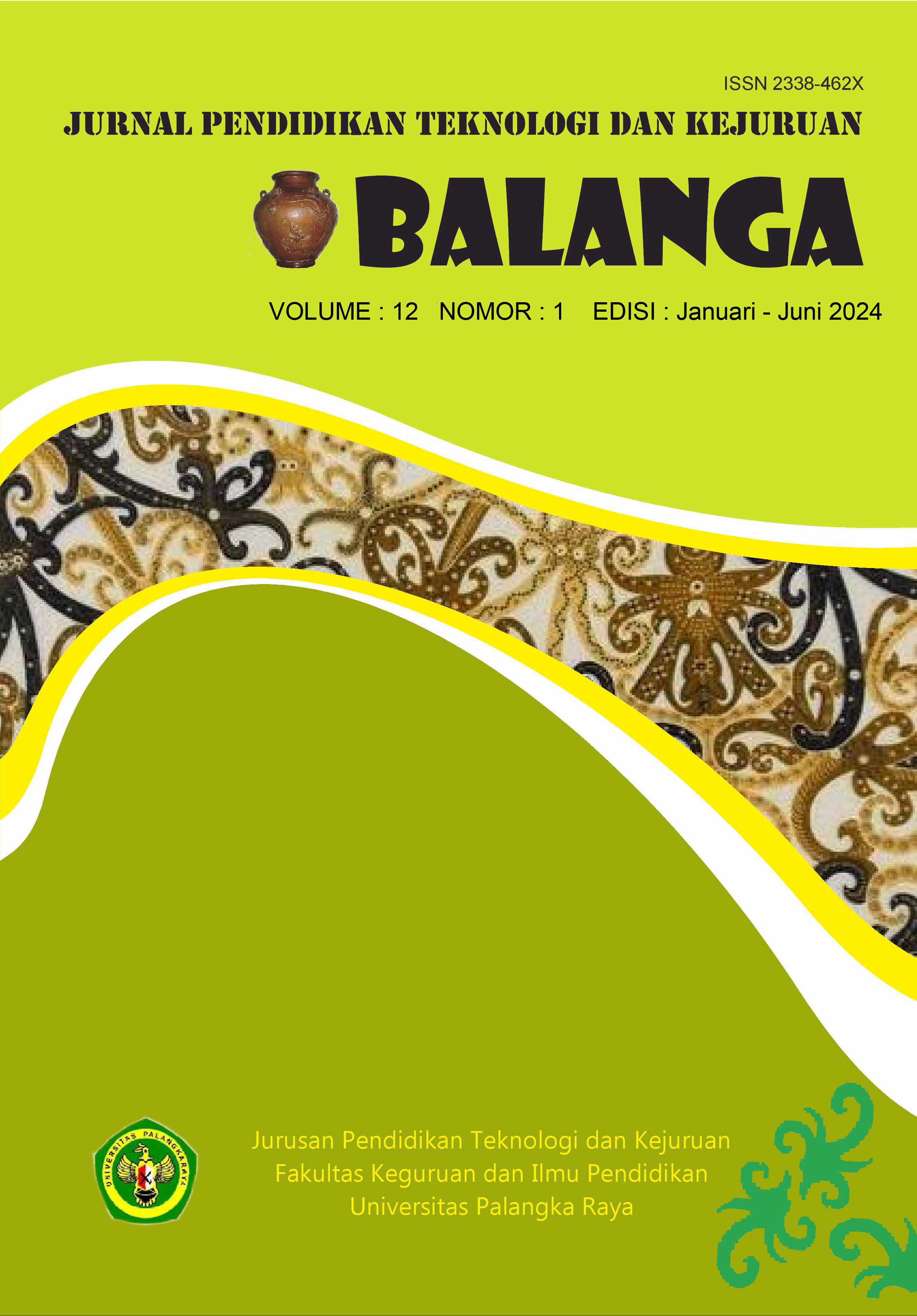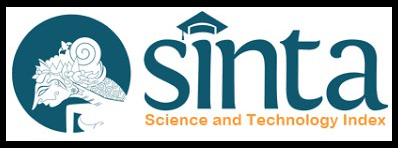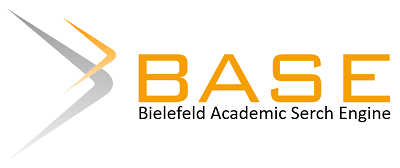IMPLEMENTATION OF CLASSICAL CONDITIONING METHODS ON THE ABILITY TO USE THREE MAGIC WORDS IN EARLY AGE CHILDREN IN GROUP B2 PARENTAS KAHARAP PALANGKA RAYA ACADEMIC YEAR 2023/2024
DOI:
https://doi.org/10.37304/balanga.v12i1.14460Keywords:
Early Childhood, Three Magic Words, Habituation Method, Character EducationAbstract
Character education acts as a pillar and strength of a nation in its virtuous character. One way to build character in early childhood is to get children used to saying simple words such as sorry, please and thank you. Three Magic Word is a combination of three simple words but has very important meaning for children. Early childhood is very important to teach. Teaching the Three Magic Words (Sorry, Please and Thank You) can educate children to be better able to know themselves by realizing that every living creature has limitations in its abilities and therefore requires help from other people (the meaning of the words sorry and please). The emergence of awareness in appreciating and respecting other people, and being able to accept the good and bad things in life with grace and being able to understand that everything has great meaning and needs to be grateful for (the meaning of the word thank you). The classical conditioning method was developed by Ivan Pavlov. Classical conditioning refers to a number of training procedures in which one stimulus or stimuli appears to replace another stimulus in developing a response, that these procedures are called classical because of their historical priority. Pavlov stated that the stimulus needs to be repeated repeatedly so that it can be called habituation. This research is quantitative research using experimental methods. The data analysis technique in this research uses a difference test (t-test). The results of this research show that the implementation of the Classical Conditioning habituation method can develop the ability to use the Three Magic Words in early childhood in the B2 group of Kindergarten Parentas Kaharap Palangka Raya.
Downloads
Downloads
Published
Issue
Section
License
Copyright (c) 2024 BALANGA: Jurnal Pendidikan Teknologi dan Kejuruan

This work is licensed under a Creative Commons Attribution 4.0 International License.






























